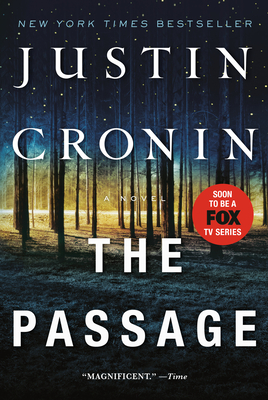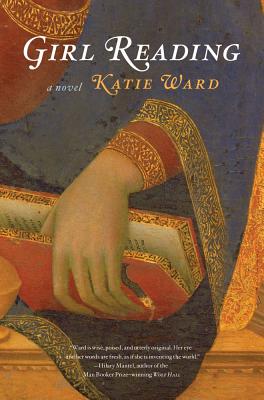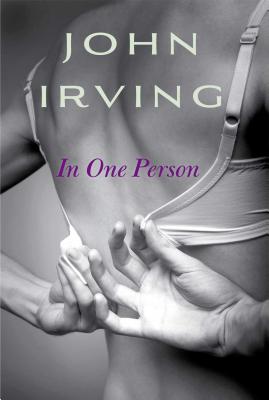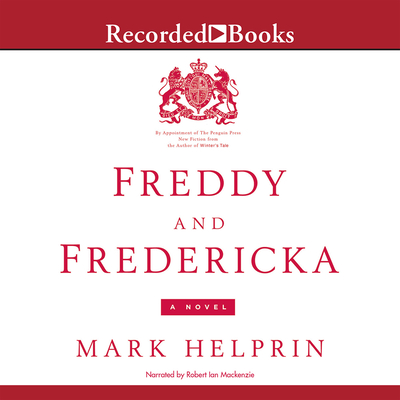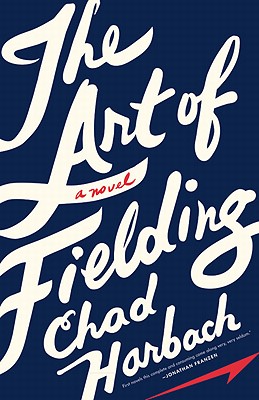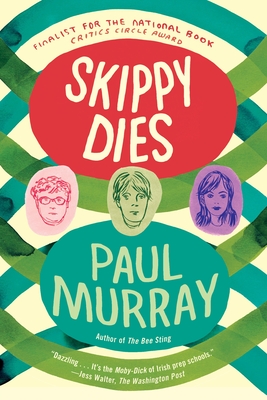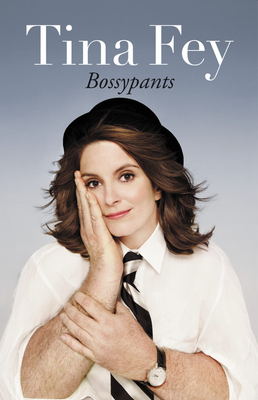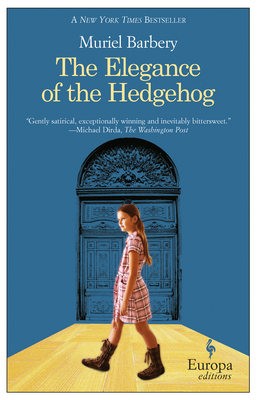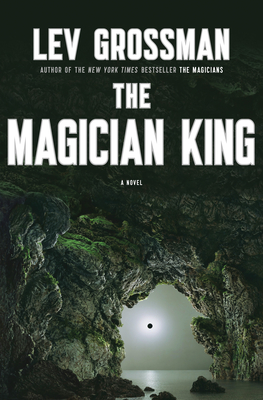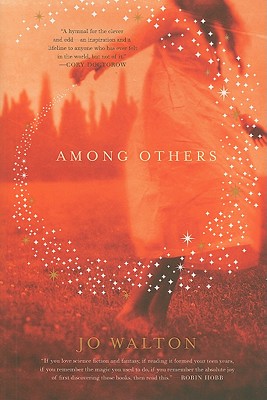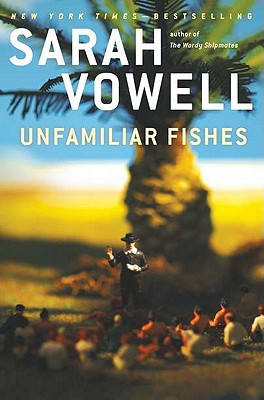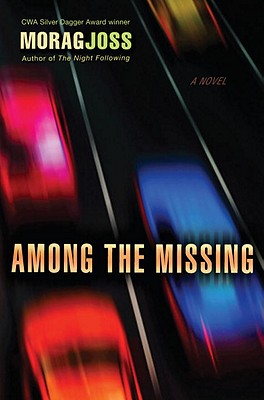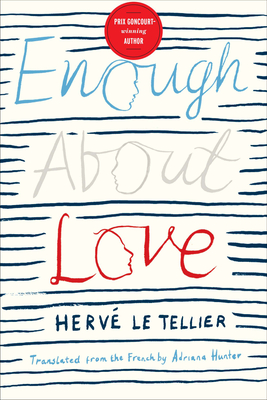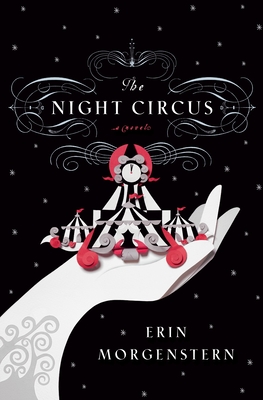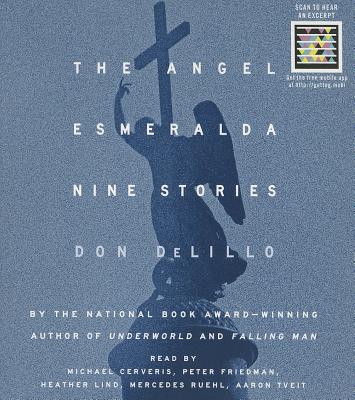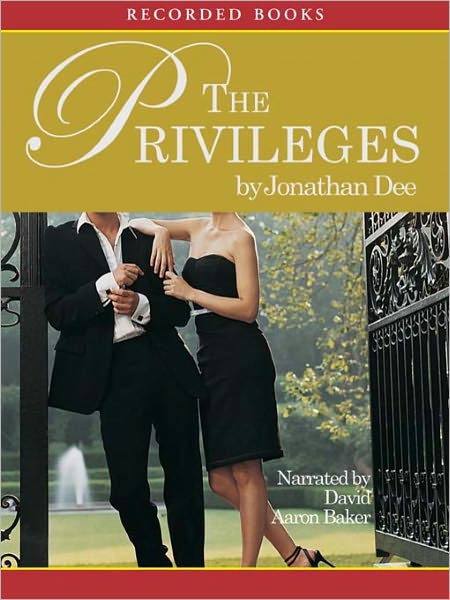But I digress. What I'm trying to say is that I am currently anxiously awaiting each of the following books, scheduled to be published in 2012, and when I saw "anxiously," I mean "if I talk about these any more my husband is going to buy soundproofing headphones and tune me out."
The Twelve by Justin Cronin (final cover not available): I have been dying - DYING - to read this since I read The Passage in 2010. Two years, we've waited! I posted about my eagerness to read this sequel once, twice, three times a charm. July 2012, here we come.
A Memory of Light by Robert Jordan and Brandon Sanderson (final cover not available): I'm sensing a series theme here, I know, but I've read all of Robert Jordan's Wheel of Time books twice in preparation for the final volumes of the now-fourteen-book series (it was originally slated to be twelve, but Jordan passed away, and the final book became three volumes because of the mass of content to include). It will be bittersweet to finish the series, and know that there is no more coming, but I have waited my entire teenage and adult life for this book. Impatience doesn't even begin to describe my anticipation. No pressure, Brandon Sanderson. No pressure.
Girl Reading by Katie Ward: Debuting in the US next year, this one is said to be similar to The Girl with a Pearl Earring, which I listened to earlier this year and really enjoyed. I'm intrigued by the title here, of course, and also the praise it has already received in the UK.
In One Person by John Irving: I'm ashamed to say I've read only one Irving novel (The World According to Garp), and never even reviewed it. But I loved it, with a big piece of my readerly heart, so much so that I'm right there on the bandwagon in itching to get my hands on his new novel, a first-person narrative of a 60-year-old bisexual man. And since it's out in May, I have five months to catch up on some more of his backlist.
So, that's what I have on my mind as I look at the year of reading ahead of me. Want to take bets on how many I'll read? What about you, what are you excited for in 2012?


